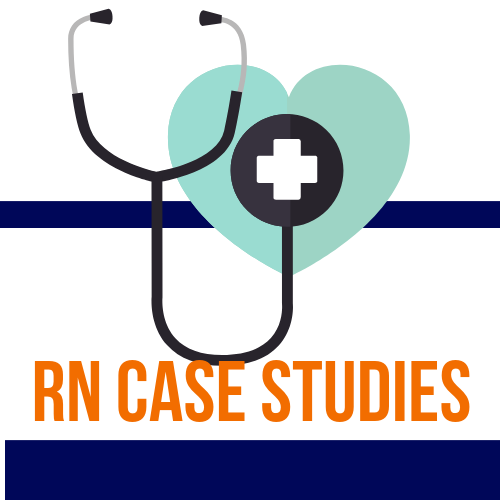
Journaling and Emotional Health
Journaling and Emotional Health
Our minds like to be efficient. Often our brains have been thinking the same thoughts in the same patterns over and over. Our patterns and actions become predictable because we have repeated them over time. Many of these thought patterns create unhealthy beliefs, actions and habits.
While our profession continues to suffer, we continue to fall short in training nurses to manage their own emotions. Those of us that are more resilient sometimes don’t know why. Those of us who are less resilient, begin to believe that we don’t have any power over our emotions at all. We become victims to our own thoughts.
One of the most powerful habits we can develop in our nursing students is the ability to recognize their own emotions and to “capture” the thoughts that are creating those emotions.
When a student has a poor interaction with a patient it is possible to believe; “that person is doing the best they can on this day at this time” and “that behavior was awful” at the same time. The same is true of colleagues.
But first we must learn to recognize our own thoughts and to separate those thoughts from facts.
- Fact: The patient hit the call button 6 times every hour.
- Thought: The patient is manipulative.
- Fact: My instructor changed the due date for the assignment.
- Thought: My instructor doesn’t know what they are doing.
- Fact: Leslie offered to help me with my assignment.
- Thought: Leslie is a great friend.
Journaling provides a unique opportunity to capture our thoughts and emotions. It allows us to uncover thought patterns and emotions that we may not have acknowledged or even realized were present. Equipping students with the ability to recognize their own thoughts and emotions is invaluable, and journaling is an excellent practice to develop this skill.









